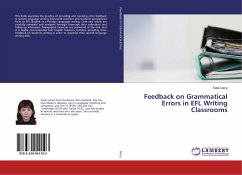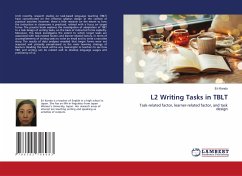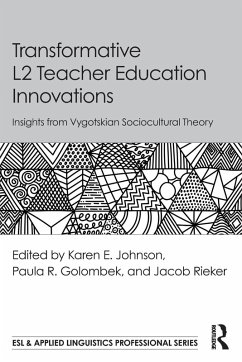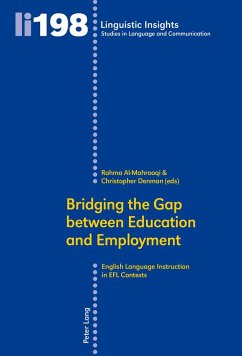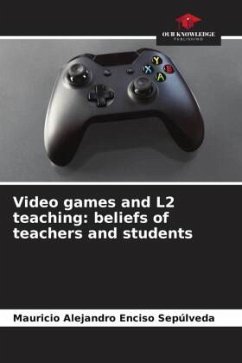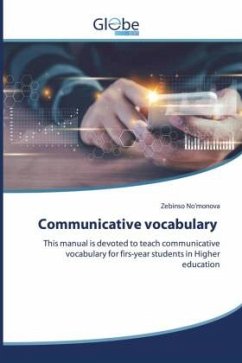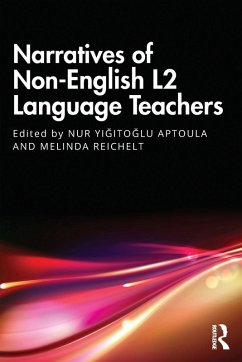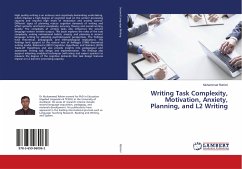
Writing Task Complexity, Motivation, Anxiety, Planning, and L2 Writing
Versandkostenfrei!
Versandfertig in 6-10 Tagen
55,99 €
inkl. MwSt.

PAYBACK Punkte
28 °P sammeln!
High quality writing is an arduous and cognitively demanding undertaking, which imposes a high degree of cognitive load on the writers' processing capacity and requires high levels of motivation and anxiety control. Different types of planning reduce cognitive demands of writing and affect syntactic and lexical complexity, accuracy, fluency and overall writing quality. The complexity of writing tasks also influences the second language writers' written output. This book explores the roles of the task complexity, writing motivational beliefs, anxiety, and planning in second language writing by ...
High quality writing is an arduous and cognitively demanding undertaking, which imposes a high degree of cognitive load on the writers' processing capacity and requires high levels of motivation and anxiety control. Different types of planning reduce cognitive demands of writing and affect syntactic and lexical complexity, accuracy, fluency and overall writing quality. The complexity of writing tasks also influences the second language writers' written output. This book explores the roles of the task complexity, writing motivational beliefs, anxiety, and planning in second language writing by adopting psycholinguistic perspectives. The findings have theoretical, pedagogical, and methodological implications. The findings lend support to the central tent of Kellogg's (1996) theoretical writing model, Robinson's (2001) Cognition Hypothesis, and Skehan's (2014) Trade-off Hypothesis and also provide insights into pedagogical and assessment writing task design and implementation. The findings also support adopting analytical techniques (self-rating and expert opinion) to measure the degree of the cognitive demands that task design features impose on L2 learners' processing capacity.



